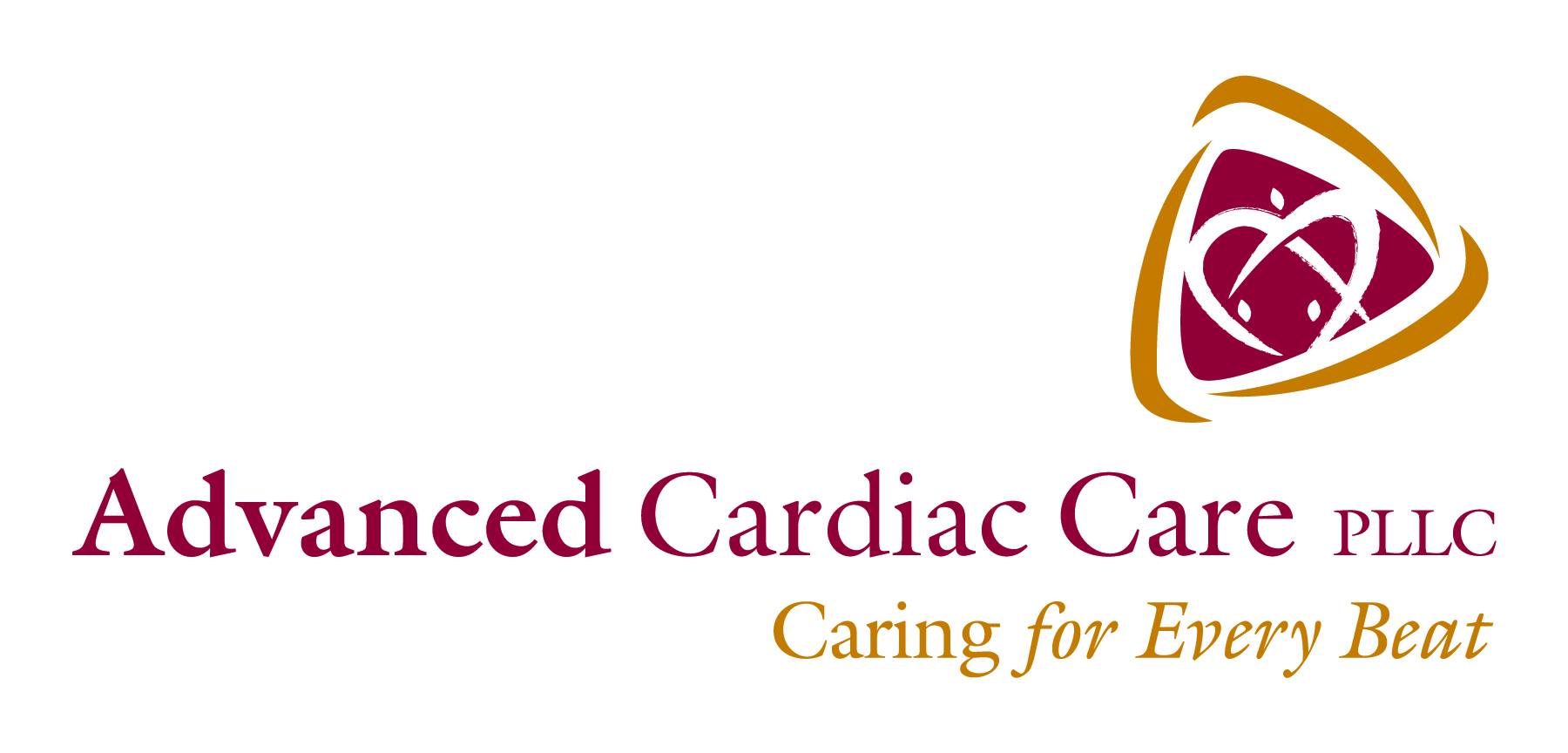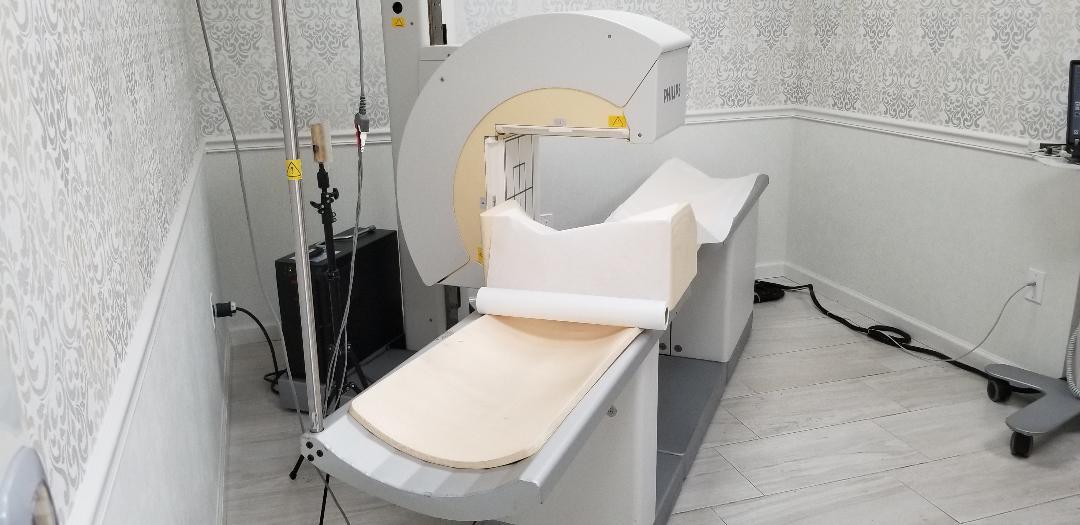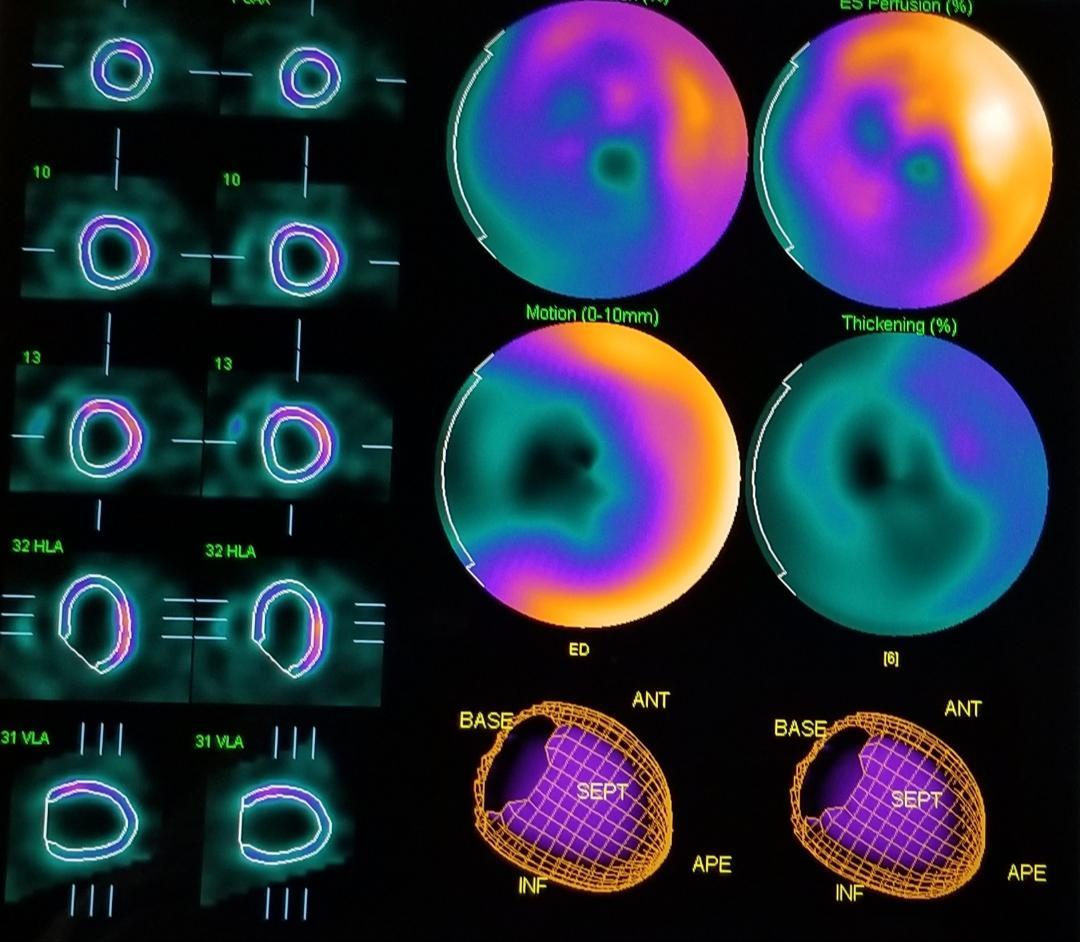
Nuclear Stress Test at Advanced Cardiac Care
Nuclear Stress Test
A nuclear stress test is a medical imaging procedure that uses a small amount of radioactive material and a special camera to create pictures of the heart while it is working (during stress) and at rest. The test helps to evaluate the blood flow to the heart muscle and can help to detect coronary artery disease, or blockages in the blood vessels that supply blood to the heart muscle. The test is usually done by injecting a small amount of radioactive material into a vein and then taking pictures of the heart using a special camera. The test can also be performed using a chemical called adenosine or a medicine called dobutamine.
Why your Cardiologist order you this test?
Myocardial Perfusion Imaging tests are ordered by cardiologists for patients that may be at risk for CORONARY ARTERY DISEASE (CAD), a condition in which the arteries that supply blood to the heart muscle become or can become blocked leading to Myocardial Infarction known as a Heart Attack. Patients with history of diabetes, family history of CAD, hypertension (high blood pressure), hyperlipidemia (high cholesterol) have the higher chance of CAD. Those risk factors along with symptoms such Dyspnea (shortness of breath), Angina (chest pain), pain in the left arm, claudication, abnormal ECG among others can indicate that a patient may currently have CAD. Nuclear stress test can be used to diagnose the presence of CAD.
How does it work?
The heart is muscular organ. In the systemic circuit, oxygenated blood leaves the body via the left ventricle to the aorta, from there enters the arteries and capillaries where it supplies the body’s tissues with oxygen. Deoxygenated blood returns via veins to the venae cavae, re-entering the heart’s right atrium. The heart pumps blood to every part of the body and the heart needs blood to work. During exercising, the heart requires more blood to work harder. Lack or inadequate blood supply to the heart is called Ischemia causing chest pain, decreased exercise tolerance, shortness of breath.
The Procedure
For the resting part of nuclear stress test, you receive an injection of technetium (Tc99m) Myoview tetrofosmin (Cardiolite), a radioactive tracer approximately 10-12millicuries (mci) into a vein in the hand or arm. When the tracer has circulated through the blood system stream (approximately 45 minutes to 1 hour), a gamma camera takes pictures of your heart while you are lying down. Rest imaging takes 10 to 15 minutes. Stress Part: depending on your medical history, you will either walk on the treadmill or receive Lexiscan, Dobutamine based on your weight and history. During the stress, you are connected to an electrocardiogram (ECG) so the heart rhythm can be monitored by a physician or other medical professional (nurse). You receive another injection of approximately 30 to 36 millicuries (mci) of technetium (Tc99m) Myoview tetrofosmin (Cardiolite) when your heart reached a target of 85% or more. After the stress test, you will wait in the waiting area for 45 minutes to an hour for second set of images of your heart. During that break you are allowed to eat and drink. After a gamma camera takes a stress imaging of your heart while you are lying down for approximately 10 to 15 minutes.
Results: Dr. Avaricio will notify you of your results, usually same day.
The Camera
There are many types of gamma cameras, different shapes, and sizes with different benefits in terms of images qualtiy, time and comfort. Advanced Cardiac Care uses one of the best, friendly, vry quiet gamma camera Philips CardioMD.


The Images
A nuclear cardiac stress test is a 3D (three-dimensional) images of the heart meaning that the heart can be “sliced” in three different perspectives.
- Short Axis (top to bottom)
- Vertical Long (side to side)
- Horizontal Long Axis (front to back)
The nuclear technologist processes the images using specialized software creating the slices of the heart, eliminates noise and artifacts also applies filter for better viewing.



The images above are normal myocardial perfusion stress test demonstrating normal blow flow the heart.


The images above are abnormal myocardial perfusion stress test showing a large portion of the heart did not receive the radioactive tracer due to a blockage in one or more coronary arteries.
Nuclear stress test is diagnostic test used for patients who are at risk of coronary artery disease (CAD) and also used as a routine test for patients with chronic CAD to monitor the progression of their disease.
If you, your loved ones, or someone have a symptoms of CAD and may be at risk, do not hesitate to contact Advanced Cardiac Care at 718-360-5050. We are here for your Caring for Every Beat.
